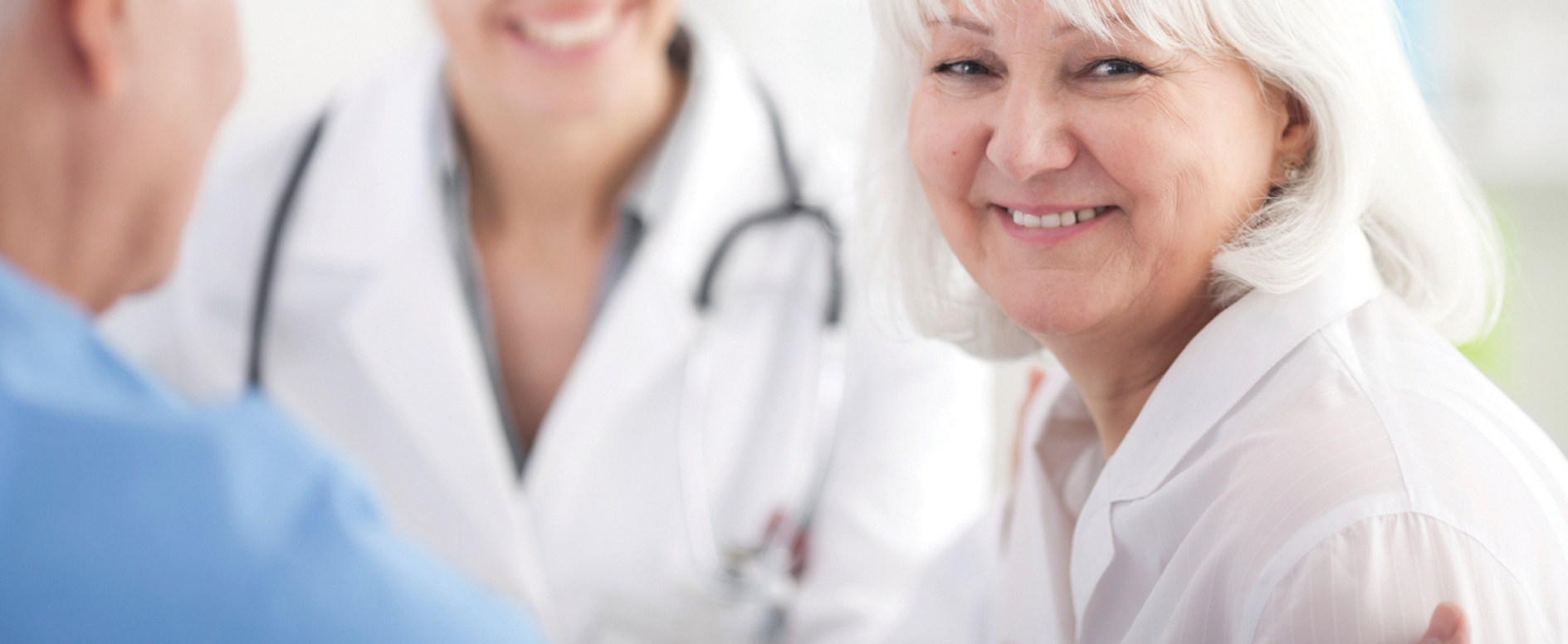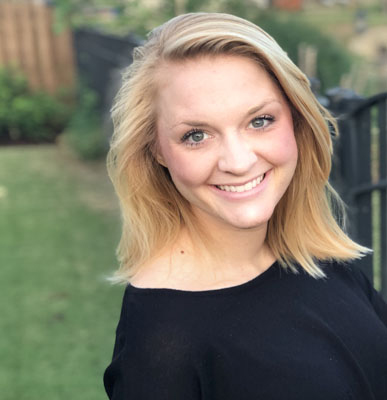

On July 6, 2017, I went into surgery and said goodbye to Glanda, my name for my salivary gland tumor, and hello to cancer. All it took was a little bit of anesthesia to shift my diagnosis from benign to malignant, and life absolutely crumbled beneath me.
I was 28. I had just started a job as a program coordinator in the Department of Radiation Oncology at the University of Alabama at Birmingham (UAB). I was barely 2.5 years into marriage, and had the hopes of starting a family soon. The fear and the questions I had pacing my head left me dizzy and broken with uncertainty and utter shock that I had found myself with cancer of all things. I couldn't fathom how I could ever trust medicine again since it had seemingly failed me so many times over the previous eight years with scan after scan coming up void of true answers.
My story began in 2009, a tiny nodule had formed near the hook of my jaw. After several inquiries and CT scans, my doctors assured me everything was fine. It took six more years, and several more scans later before I reached out to Dr. William Carroll, of the Department of Otolaryngology at UAB shortly after I had started my job. He scheduled surgery to remove the tumor. When the pathology test was returned, it was confirmed my tumor, pleomorphic adenoma, was malignant. My years of gut instinct knowing something wasn’t quite right was true all along.
In the fall of 2017, over 6 weeks I underwent 30 radiation treatments for a total of 60 Gy under the care of Dr. Sharon Spencer in the same department I work in. My coworkers saw me hurting, deteriorating, and begging for the treatments to end. But they also witnessed my strength, my undeniable faith, and the blessings that had been absolutely poured over me in my unexpected journey.
Radiation came with a multitude of side effects. I was diligent about keeping my weight steady to hopefully avoid a PEG tube, and I shifted my focus to the fact that protein was the key to rebuilding any cells that would be destroyed during treatment so I focused of eating as much protein as possible in order to heal.
It took nearly three weeks for the side effects to be noticeable. Fatigue hit first, followed by dry mouth, hair loss (within the treatment area), and complete lack of taste. Throughout weeks four to six, my symptoms increased gradually which made it harder for me to eat, maintain my weight, and have the energy to stay on the go for a full day as I had before. I also learned very quickly that rest is key. I came to realize that my body was working very hard to replenish the bad cells (and healthy cells by default) that were destroyed by treatment with new healthy cells and the energy it was expending was tremendous. If I didn't rest, I knew I was going to feel worse, so "nap" became my middle name.
Soon enough, my saliva became thick and mucus-like and my skin began to show signs of damage, but I knew there was an end in sight, so I slathered myself in ointment and pushed on filling myself with scrambled eggs, soups, and high-protein supplements. Thankfully the last to show up for me was the tongue ulcerations, which made it extremely painful to chew, swallow, and even talk in some cases. Each day as I slowly put in my mouth piece my coworkers would snap my mask into place for treatment, the light at the end of the tunnel gleaned a little brighter.
By the end of the six weeks, I was a lot of things...but what kept me going was knowing that I was healed and that the physical impairment I was suffering from would, in fact, heal and life would return to some sort of normal again. But if anyone understands feeling like normal will never be obtainable again, it’s me. In the moment, normal was truly something to laugh at with an eye roll.
When I began working in Radiation Oncology, cancer was never the path I imagined walking myself, but now, after the first year of survivorship, learning, and the hardest year I've ever faced, I can’t imagine cancer not being part of my story. It's undeniable that this job was for me, as a career-minded woman and also for me, as a woman who unknowingly needed healing. Cancer (and God) carried me here, to a point of immense hope and zeal for the beauty and intricacies of this vast world we live in. And it's given me a fiery passion for helping others that may be facing similar circumstances which I am graciously afforded in my position at UAB. Normalcy is obtainable again, and survivorship is more than surviving...it's LIVING!






